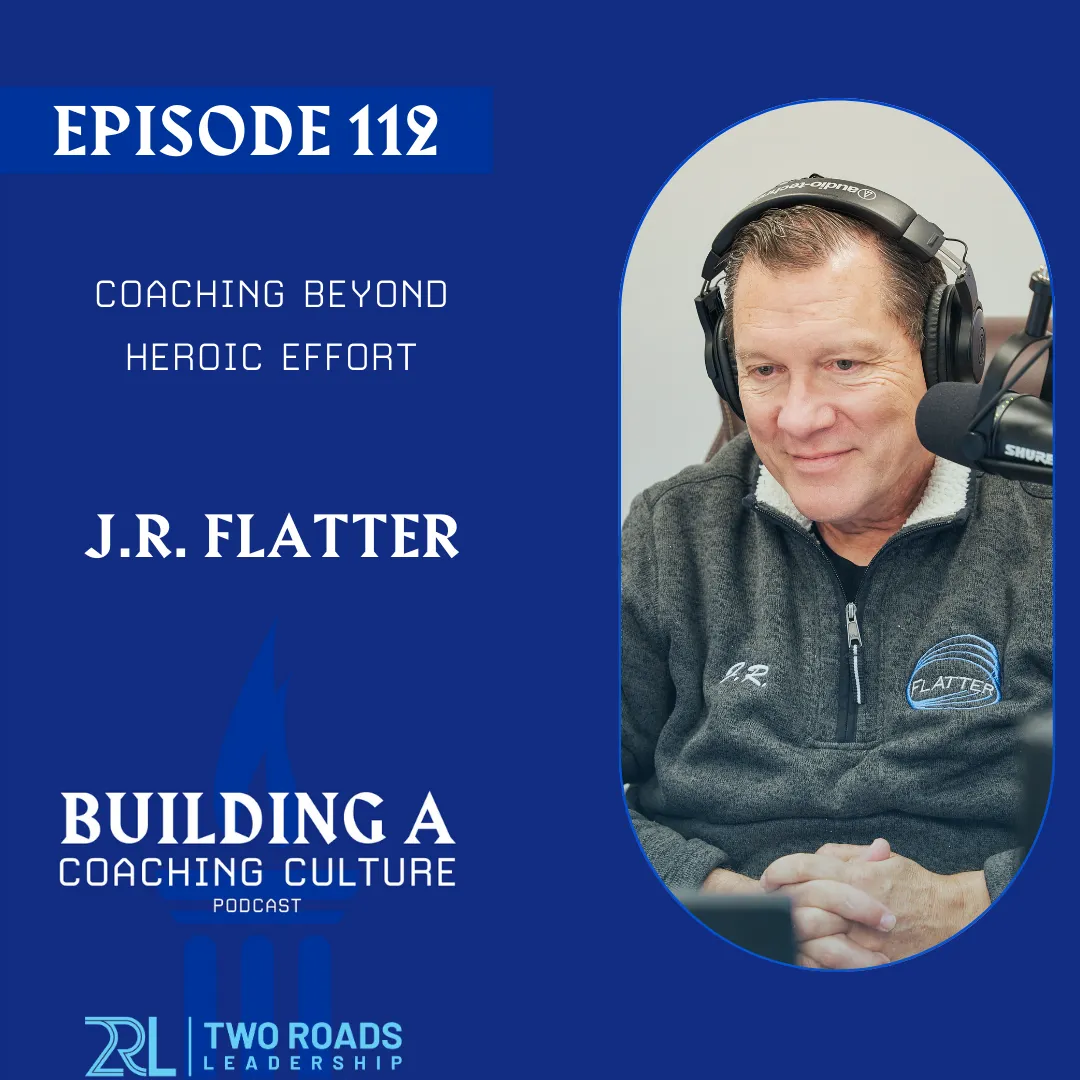J.R. and Lucas Flatter talk about strategies for building a successful business while avoiding burnout from heroic effort. They draw upon J.R.'s 22 years of entrepreneurial experience to provide practical advice on topics like working smarter instead of harder, managing energy and focus, collaborating with others, avoiding perfectionism and analysis paralysis, finding purpose in your work, and sustaining efforts over the long run. With a mix of life lessons, personal anecdotes, and coaching insights, this podcast aims to help entrepreneurs and business owners achieve their goals without sacrificing their health, relationships, and well-being to endless 60-hour workweeks. Whether you're just starting out or have been an entrepreneur for years, tune in for guidance on building a thriving business and coaching culture while maintaining balance.
Key topics covered include:
- The Importance of Rest and Variability
- How to overcome procrastination and perfectionism
- Finding Purpose and Energizing Work
- What are the benefits of setting time blocks for focused effort?
Building a Coaching Culture is presented by Two Roads Leadership
Produced, edited, and published by Make More Media
Episode Links
J.R. Flatter
Founder of Two Roads Leadership
Lucas Flatter
Resources
2RL 4 day Coach Certification Bootcamp
2RL ICF-Approved Coach Certifications and Trainings
Transcript
Automatic Transcription - please excuse any errors

